ESG (Environment, Social and Governance) is asserting its position as an indispensable "passport" for Vietnamese businesses towards sustainable growth.
ESG – global standards
The concept of ESG first appeared in a United Nations report in 2004. After more than 20 years, ESG has developed into a giant financial ecosystem, with total global assets under management reaching more than 41,000 billion USD.
Today, ESG is not just a trend but has become a global norm. From the Carbon Border Adjustment Mechanism (CBAM) to the European Anti-Deforestation Regulation (EUDR), "green fences" are increasingly strict. Without ESG compliance, Vietnamese goods will have difficulty entering the international supply chain.
At the workshop "Guidelines and financial support for ESG implementation in the EU market" recently held in Ho Chi Minh City, more than 130 businesses were advised to make substantial changes. Businesses are forced to transform from factories, production processes, data management to energy saving.
Ms. Nguyen Cam Chi, Director of Sustainable Development Consulting at MCG Consulting and Management Company Limited, emphasized: "A light bulb with excess capacity is also a waste, meaning it emits excess emissions. Vietnamese businesses cannot do ESG just to cope with reports."
Vietnamese businesses cannot just do ESG to deal with reports but must make real changes from factories, production processes, data management to energy saving.
Vietnamese enterprises: from planning to action
PwC Vietnam's 2025 survey of 174 businesses showed that 89% have or are making ESG plans, up from 80% in 2022. Of these, 54% have actually implemented them.
Mr. Nguyen Hoang Nam, ESG Consulting Services Leader and Deputy General Director of PwC Vietnam, commented: "Vietnamese enterprises are entering a new stage of ESG maturity. The shift from planning to action is becoming increasingly evident, but requires a deeply integrated strategy, smart data and close cooperation."
Of the three ESG pillars, governance is seen as the strongest: 41% of businesses have established a formal structure, 68% have a Board of Directors involved. This reflects a clear commitment from senior leadership.
However, the gap is still large. FDI enterprises lead with 71% implementation thanks to compliance with global standards. Listed enterprises reach 57%, driven by investor pressure. Private or unlisted enterprises reach only 27%, of which 23% do not have a plan. The main barriers remain the lack of strategy (70%) and specialized personnel (60%).
Pressure and opportunity
The biggest challenge in the ESG journey of Vietnamese enterprises is capital and investment roadmap. Mr. Nguyen Duy Tam, ESG Director of Phuc Sinh Group, said that raising green capital is not only a pressure but also a commitment. "Investors are interested in a transparent and feasible roadmap, not just capital needs," Mr. Tam shared.
In fact, green finance opportunities are increasingly opening up. Aavishkaar Capital, which manages more than $500 million, announced plans to expand into Vietnam. In addition to capital, the fund also pledged to support free training for small and medium-sized enterprises, helping them access sustainable capital.
From compliance to green and sustainable development, ESG is transforming Vietnamese businesses into stronger versions.
Ms. Dinh Thi Quynh Van, Chairman of PwC Vietnam, cited the global study "Value in Motion" saying: trillions of USD are being reallocated to the sustainable sector, thanks to three irreversible drivers: climate, technology and social expectations.
According to PwC, 59% of Vietnamese businesses expect the Government to provide financial support related to ESG, 56% need unified green standards, and 55% expect legal incentives. For new businesses, a basic training roadmap is needed. For mature businesses, tools for monitoring emissions and analyzing data are needed.
Experts affirm that ESG is not an additional cost but a launching pad to help businesses grow. In the context of Vietnam's commitment to achieving "zero" net emissions by 2050, ESG is both a pressure and an opportunity for Vietnamese goods to go further.
Source: https://vtv.vn/tieu-chuan-xanh-chia-khoa-de-hang-viet-vao-thi-truong-quoc-te-100250924185125377.htm


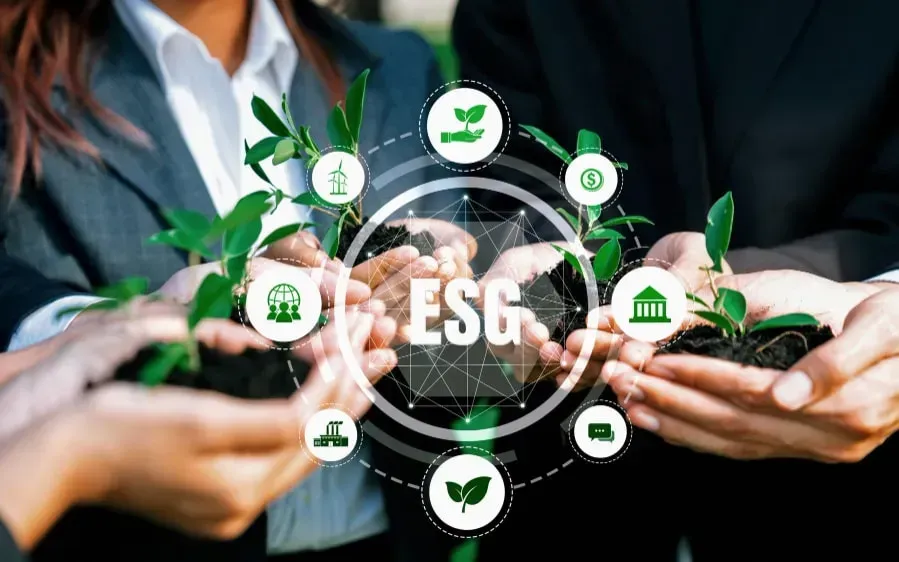
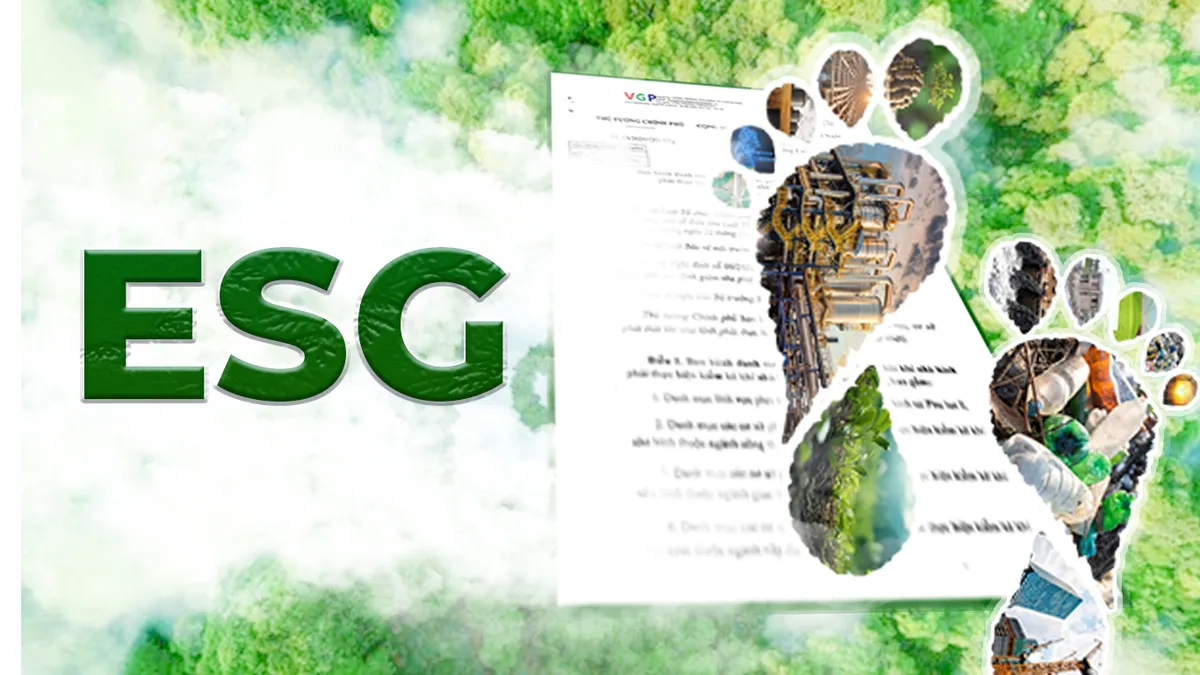
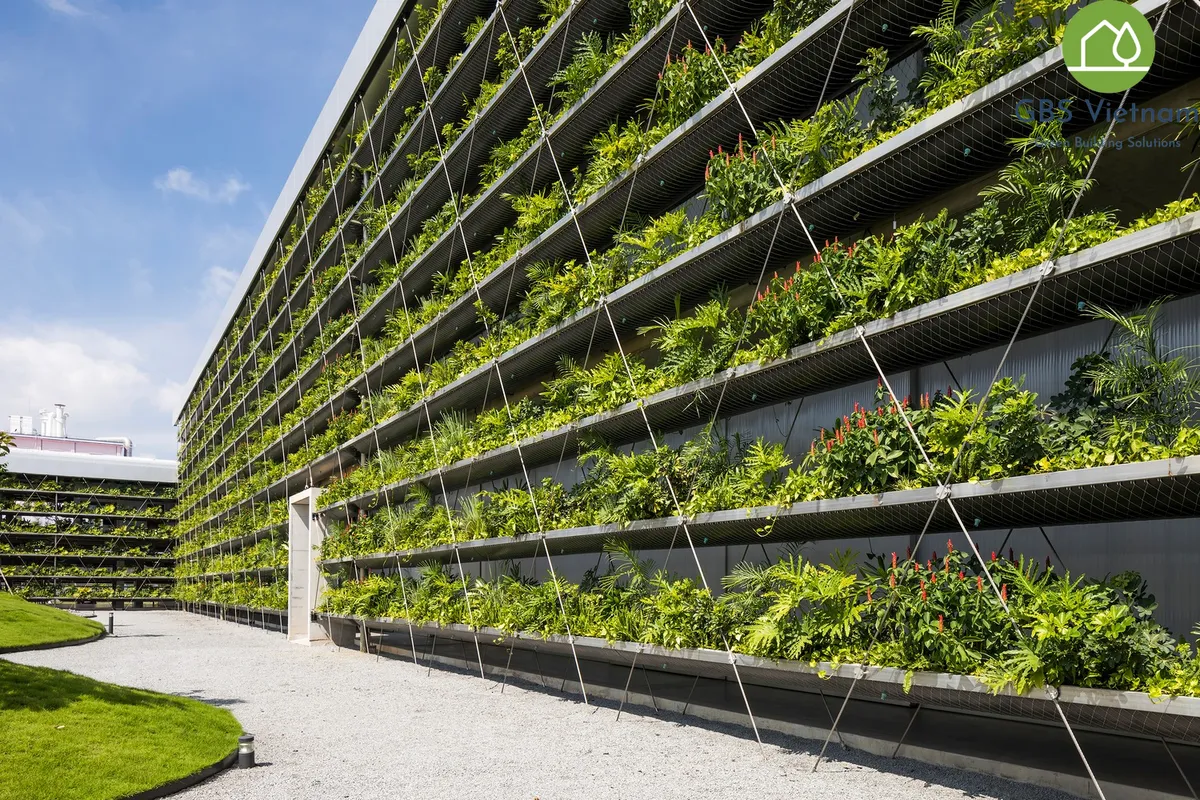



![[Photo] Highways passing through Dong Nai](https://vphoto.vietnam.vn/thumb/1200x675/vietnam/resource/IMAGE/2025/11/12/1762940149627_ndo_br_1-resize-5756-jpg.webp)


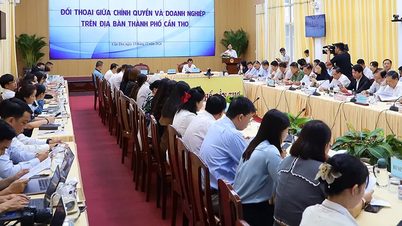




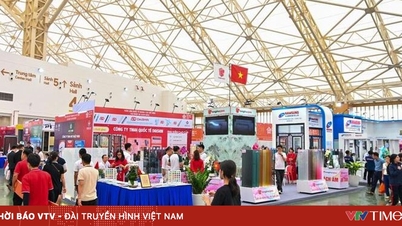







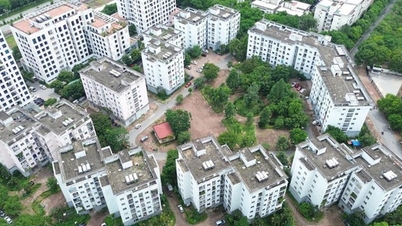


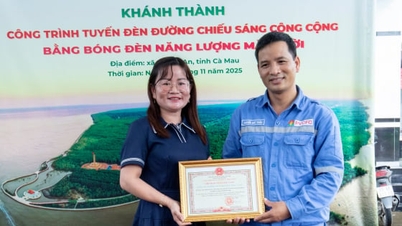






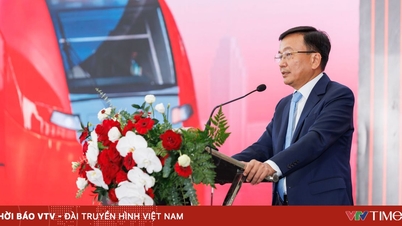
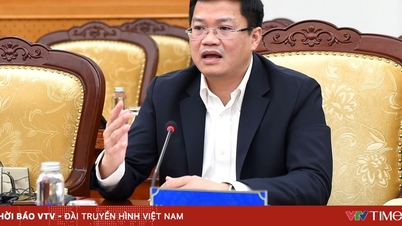

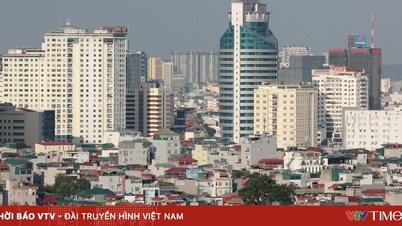
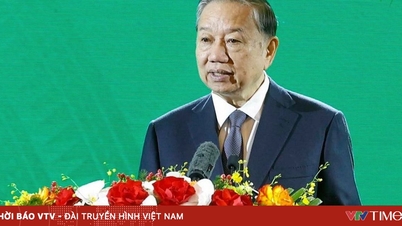






























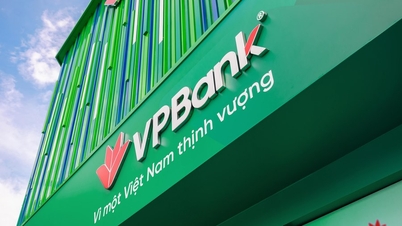










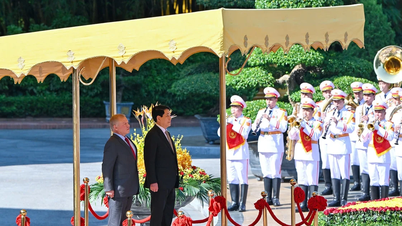















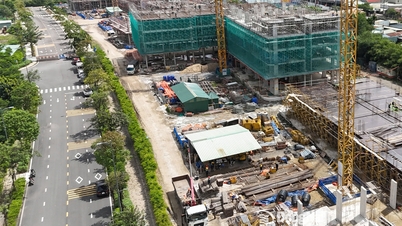


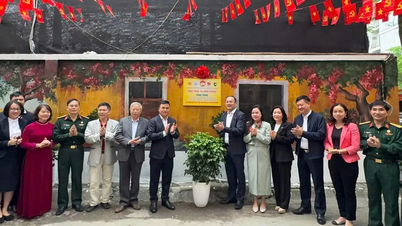
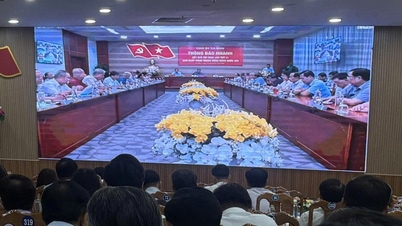





![Dong Nai OCOP transition: [Article 3] Linking tourism with OCOP product consumption](https://vphoto.vietnam.vn/thumb/402x226/vietnam/resource/IMAGE/2025/11/10/1762739199309_1324-2740-7_n-162543_981.jpeg)








Comment (0)